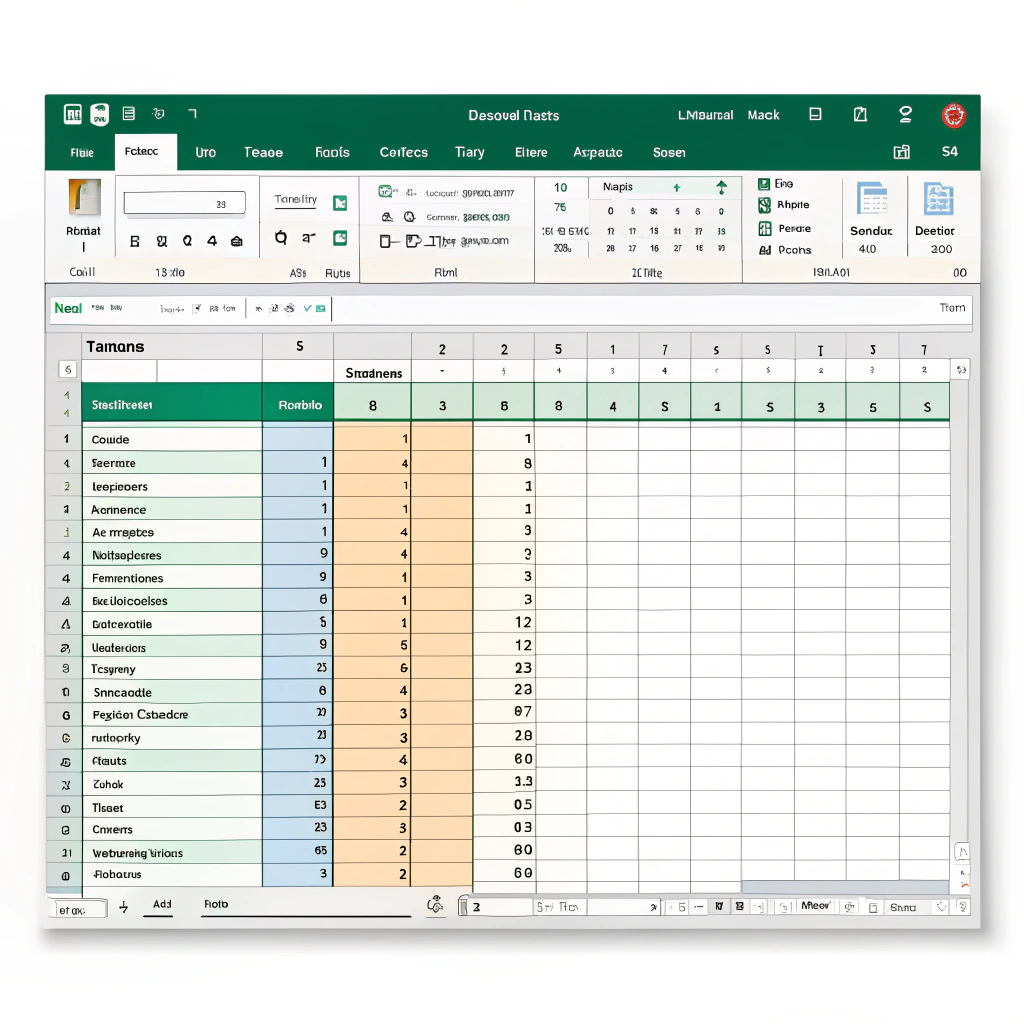Using Python and MongoDB for Automated Revenue Tracking
Introduction
Revenue tracking is vital for businesses to maintain accurate financial records and optimize cash flow. Automating revenue tracking with Python, MongoDB, and Pandas ensures businesses:
✅ Monitor revenue in real-time
✅ Gain actionable insights into sales trends
✅ Automate reporting to save time and reduce human error
Lillqvist Strat offers custom solutions that automate revenue tracking and help businesses maximize profitability.
1. Revenue Tracking Intro
Manual revenue tracking can lead to errors, delays, and inefficiencies. An automated system using Python and MongoDB simplifies the process, allowing businesses to:
❌ Handle large volumes of transactions
❌ Process data in real-time
❌ Automate reporting and analysis
2. MongoDB Revenue Data
Setting Up MongoDB for Revenue Tracking
from pymongo import MongoClient
client = MongoClient("mongodb://localhost:27017/")
db = client["revenue_tracking"]
revenue = db["revenue_data"]Inserting Revenue Data
revenue_entry = {
"transaction_id": 123456,
"date": "2025-02-23",
"amount": 2500,
"source": "Product Sale",
"region": "North America"
}
revenue.insert_one(revenue_entry)3. Python Tracking Scripts
Automating Revenue Data Pulls
def fetch_revenue_data(date):
data = revenue.find({"date": date})
return data
# Example: Fetching revenue data for a specific date
daily_revenue = fetch_revenue_data("2025-02-23")
for transaction in daily_revenue:
print(transaction)4. Pandas Revenue Insights
Loading Revenue Data into Pandas
import pandas as pd
# Fetch revenue data from MongoDB
revenue_data = list(revenue.find({}, {"_id": 0}))
df = pd.DataFrame(revenue_data)
print(df.head())Calculating Total Revenue
total_revenue = df["amount"].sum()
print(f"Total Revenue: ${total_revenue}")Revenue by Source
revenue_by_source = df.groupby("source")["amount"].sum()
print(revenue_by_source)5. Reporting
Automated Daily Revenue Report
def generate_daily_report(date):
data = fetch_revenue_data(date)
df = pd.DataFrame(list(data))
total_revenue = df["amount"].sum()
revenue_by_source = df.groupby("source")["amount"].sum()
report = f"Revenue Report for {date}\n"
report += f"Total Revenue: ${total_revenue}\n\n"
report += "Revenue by Source:\n"
report += revenue_by_source.to_string()
# Send Report (Example: print or email)
print(report)
generate_daily_report("2025-02-23")Conclusion
With Python and MongoDB, businesses can automate revenue tracking, generate real-time insights, and simplify financial reporting.
✅ Accurate, real-time tracking
✅ Customizable revenue insights
✅ Automated reports to save time
Lillqvist Strat helps businesses automate and optimize their revenue processes for greater profitability. Start automating your revenue tracking today!

Lillqvist Strat consults on business developement, software projects, automation, SOPs, analytical tools and more.
Contact me today to get started on our journey to higher profits, more revenue and happier employees!
Go to Contact now



